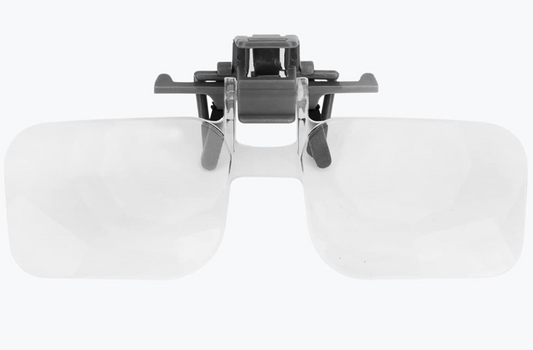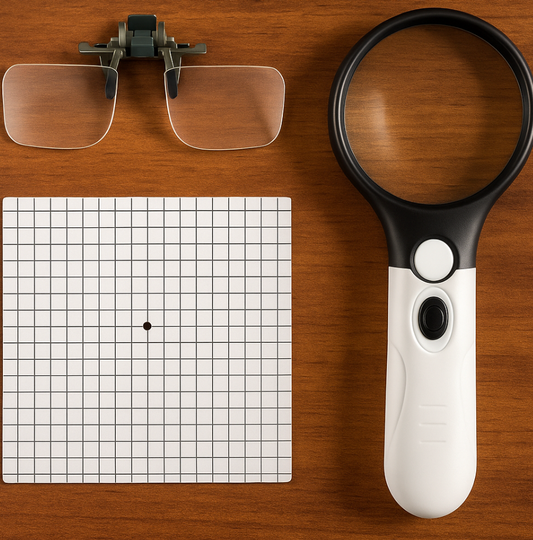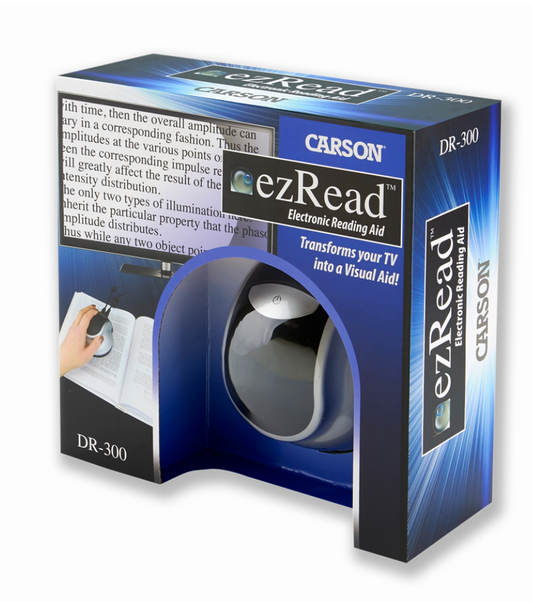What Vitamins are Best for Eye Health?
Share
Maintaining eye health can be supported by key vitamins and nutrients, which help protect against age-related conditions like macular degeneration, cataracts, and dry eye. Here are some of the top vitamins for eye health, along with their recommended daily doses and food sources:
Vitamin A
- Role: Vital for maintaining a healthy retina and preventing night blindness. It also helps protect the surface of the eye (cornea) and promotes overall eye health.
- Recommended Daily Dose: 700-900 mcg (micrograms) for adults.
- Food Sources: Carrots, sweet potatoes, spinach, kale, and liver. Beta-carotene, found in orange and leafy green vegetables, converts to vitamin A in the body.
Vitamin C
- Role: An antioxidant that protects eye cells from free radical damage and supports healthy blood vessels in the eyes. It may help reduce the risk of cataracts and slow the progression of age-related macular degeneration (AMD).
- Recommended Daily Dose: 75-90 mg for adults.
- Food Sources: Citrus fruits (oranges, lemons, grapefruits), bell peppers, strawberries, broccoli, and kiwi.
Vitamin E
- Role: Another powerful antioxidant that protects eye cells from damage caused by free radicals. It may help reduce the risk of cataracts and AMD.
- Recommended Daily Dose: 15 mg for adults.
-
Food Sources: Nuts (almonds, sunflower seeds, hazelnuts), wheat germ, sunflower oil, spinach, and avocados.
Zinc
- Role: Supports retina health and helps vitamin A create melanin, a pigment that protects the eyes. Zinc also plays a role in preventing night blindness and may help slow AMD progression.
- Recommended Daily Dose: 8-11 mg for adults.
- Food Sources: Oysters, beef, poultry, beans, nuts, and dairy products.
Lutein and Zeaxanthin
- Role: These carotenoids are found in high concentrations in the retina and help filter harmful blue light and prevent light-induced oxidative damage. They may help reduce the risk of AMD and cataracts.
- Recommended Daily Dose: 10 mg of lutein and 2 mg of zeaxanthin (combined) are often recommended, although no official daily dose exists.
- Food Sources: Leafy greens (spinach, kale, collard greens), broccoli, peas, corn, and eggs.
Omega-3 Fatty Acids (DHA and EPA)
- Role: Omega-3s are essential for retinal health and may help prevent dry eye syndrome and reduce inflammation. DHA, in particular, is important for visual development and retinal function.
- Recommended Daily Dose: 250-500 mg of combined EPA and DHA for general health, with higher doses sometimes recommended for eye health.
- Food Sources: Fatty fish (salmon, mackerel, sardines), flaxseeds, chia seeds, walnuts, and algae-based supplements.
- Our top recommendation here is PRN Omega 3 supplements
Incorporating a variety of these nutrient-rich foods into your diet can support eye health and help protect against common age-related eye conditions. However, if dietary intake is insufficient, supplements may help fill the gap. Always consult with a healthcare provider before starting any new supplement regimen, especially for eye health



